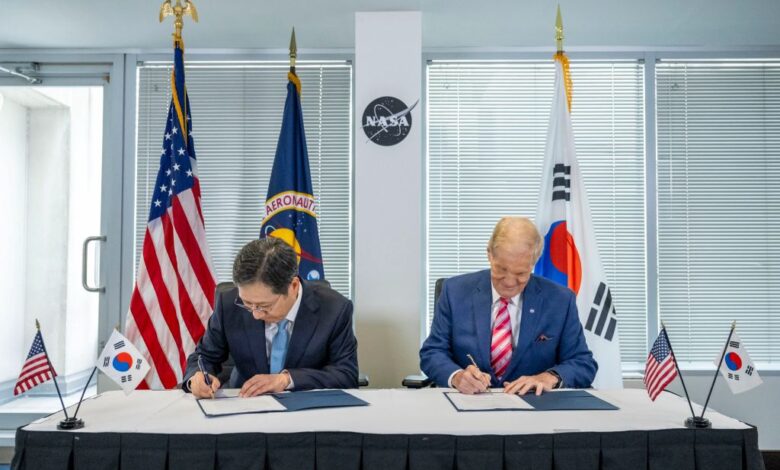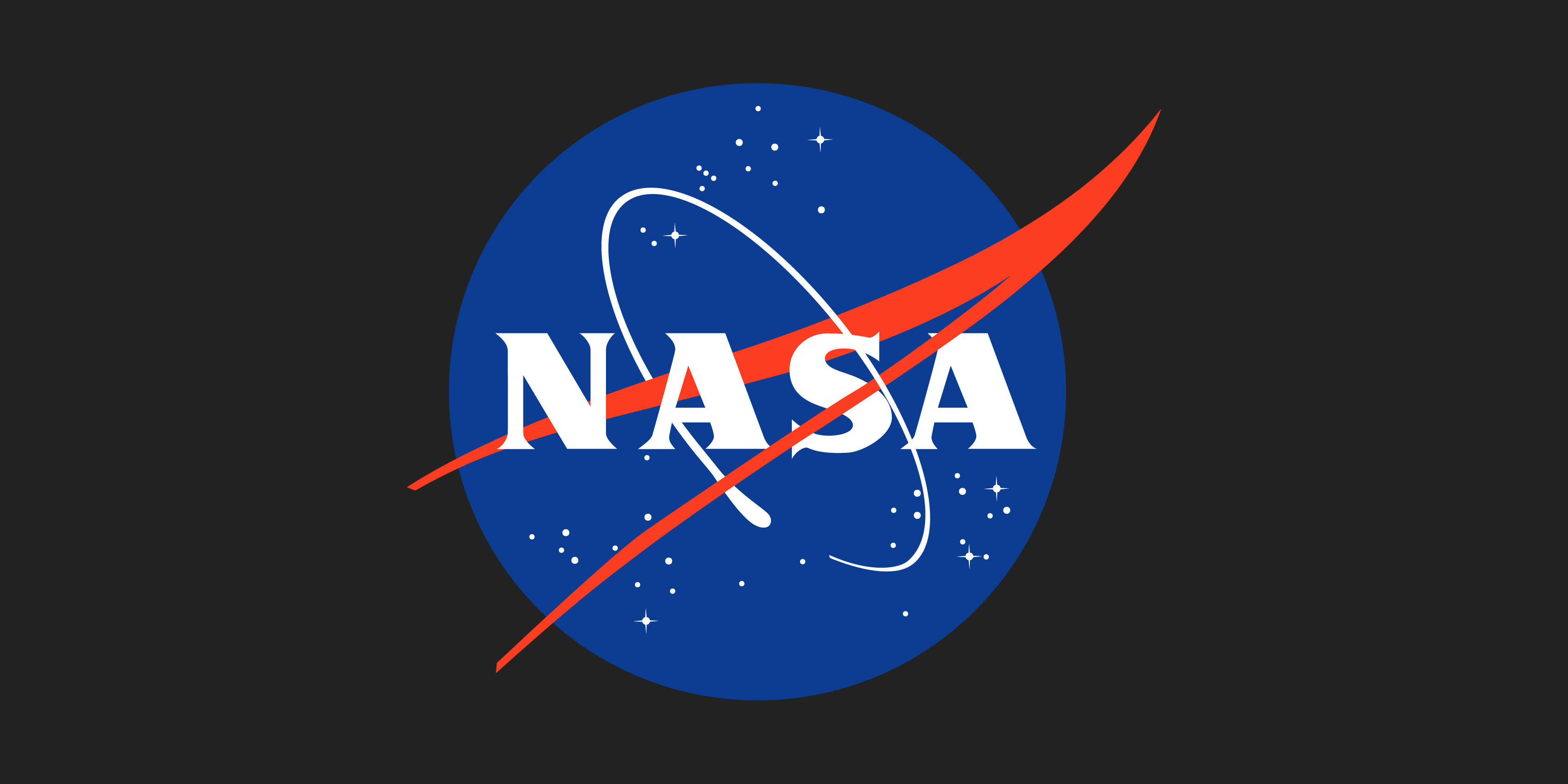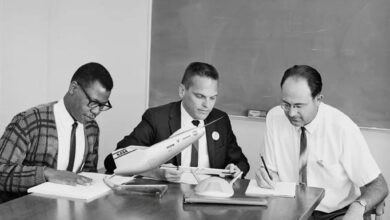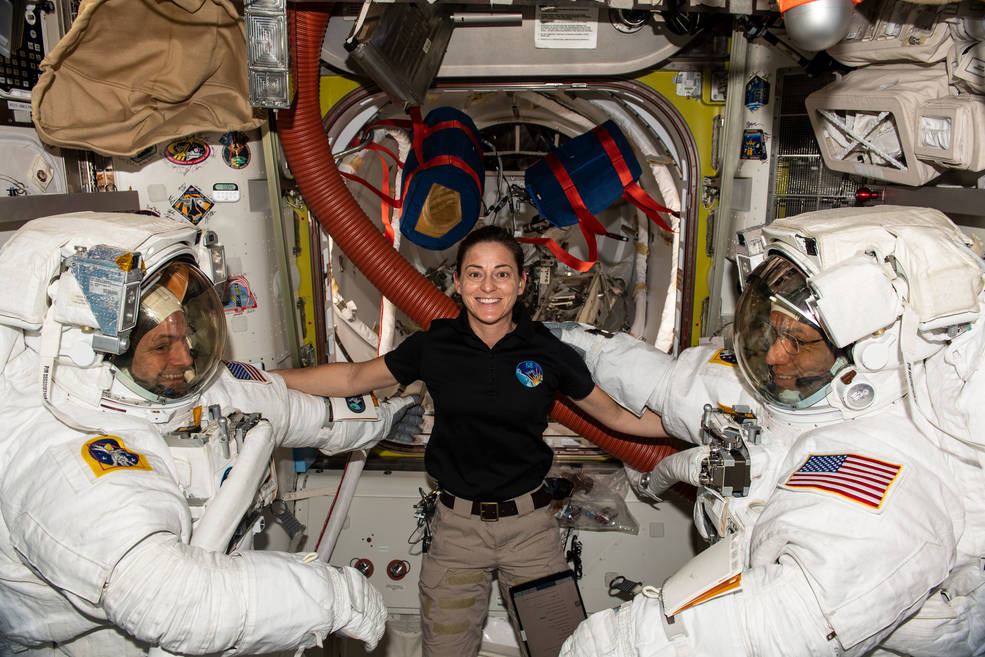US, Republic of Korea Sign Statement to Advance Aerospace Cooperation

NASA and the Republic of Korea’s newly created Korea AeroSpace Administration (KASA) signed a joint statement of intent Thursday affirming their interest to advance cooperation in space exploration, science, and aeronautics.
The signing took place at NASA Headquarters in Washington during the KASA’s first visit since its creation in May 2024.
“Building on years of work together both on Earth and in space, we are proud to significantly grow our partnership with the Republic of Korea and its new space agency,” said NASA Administrator Bill Nelson. “We look forward to the discoveries and innovation that our two nations will accomplish in this exciting time for space exploration.”
The countries will discuss potential cooperation in a range of areas including NASA’s Moon to Mars Architecture, space life sciences and medical operations, lunar surface science, utilization of Korea’s deep space antenna, future commercial low Earth orbit activities, and other fields of science such as heliophysics.
The statement also acknowledges a shared commitment to the Artemis Accords, to which the Republic of Korea was an early signatory. NASA, in coordination with the U.S. Department of State and seven other founding member nations, established the Artemis Accords in 2020, reinforcing the commitment by signatory nations to the Registration Convention, the Rescue and Return Agreement, as well as best practices and norms of responsible behavior, including the public release of scientific data.
“The signing of the joint statement marks a pivotal moment in opening a new chapter for the Republic of Korea-U.S. aerospace alliance. It presents a vital opportunity for Korea to emerge as a responsible space-faring nation, and also for humanity to pursue scientific discoveries and pioneer the future,” said KASA Administrator Youngbin Yoon. “The Korea AeroSpace Administration will continue to collaborate globally for sustainable space activities and strengthen Korea’s role on the international space stage.”
In attendance at the ceremony were top officials from the Korea Aerospace Research Institute (KARI) and the Korea Astronomy and Space Science Institute (KASI). The organizations worked with NASA to share data from the Korea Pathfinder Lunar Orbiter and leverage the agency’s Deep Space Network.
The U.S. and the Republic of Korea have built and placed satellites in orbit that can track air pollution in North America and Asia and making that data and knowledge available to the world. NASA’s recently launched TEMPO (Tropospheric Emissions: Monitoring of Pollution) mission, and KARI’s GEMS (Geostationary Environment Monitoring Spectrometer), are improving life on Earth by revolutionizing the way scientists observe air quality from space, solving Earth’s greatest challenges.
For more information about NASA’s programs, visit:





